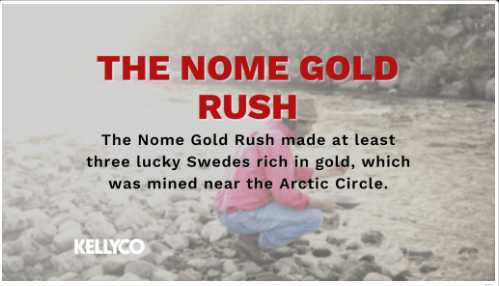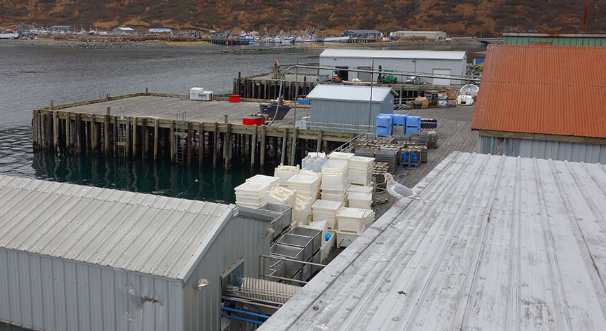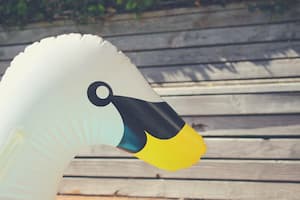KALTAG, ALASKA-Yukon River Gold LLC has announced the suspension of fish buying operations this summer in the remote Alaskan village of Kaltag, pending review for a permanent closure of the facility. This closure results in elimination of 70 jobs this summer, in this remote village of less than 800 people, where jobs are scarce.
The closure is the result of inadequate supplies of harvest opportunities to supply the plant with salmon. With record numbers of Keta salmon returning, this plant stands idle while the fish swim by.
The primary problem facing Yukon fisheries, is how to separate the abundant Keta salmon, from the Chinook salmon that are needed for conservation. How to harvest one, and not the other?
Kaltag’s answer; harvest with fishwheels. Fishwheels are an old technology, that is being rediscovered wherever salmon return, because they are so environmentally friendly. Fishwheels are a revolving series of dip nets powered by the river, hence no energy needed. Fisheries scientists worldwide, utilize this technology to capture and release fish for research purposes.
The salmon are carefully captured alive and returned to the river unharmed within seconds; guaranteeing a 100% subsistence priority for Chinook salmon. A perfect solution to the mixed salmon in the Yukon River.
This is the same method safely utilized to transfer fish from one aquarium to another.
Kaltag cooperating with Alaskan authorities began using their fishwheels to release the Chinook salmon alive. Kaltag’s fishermen have released hundreds of thousands of dollars worth of Chinook salmon in the last four years; preserving these Chinook salmon for spawning and the preferred food for villages up and down the river to feed their families in the winter.
Local fishermen Richard Burnham says “it was hard to throw valuable fish back, we truly understand sustainability”
As a consequence of this program, leading global magazine Seafood International has named the tiny Alaskan village of Kaltag, as one of the world’s 11 greenest fisheries. Environmentally sensitive customers lined up to buy the product.
Karlberg said “Alaska Department of Fish and Game (ADFG) notified us that we would not be able to harvest abundant Keta salmon, until all the Chinook salmon have left the area. These fish travel together, so that marked the end of the fishery for us with nothing to harvest.
We pointed out that we had proven to ADFG that over the last two years we could harvest Keta salmon, without killing a single Chinook salmon. We asked; How do you close a fishery that does not kill Chinook salmon, … to save Chinook salmon? We simply do not know what the issue is.








